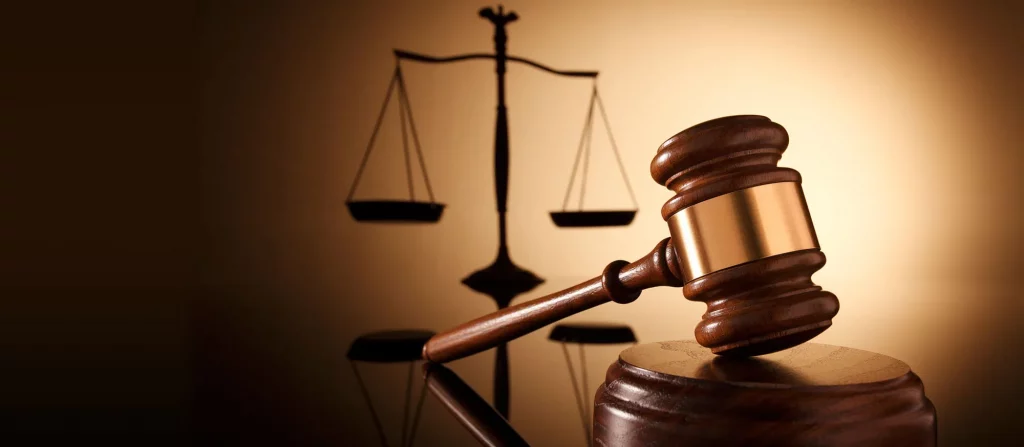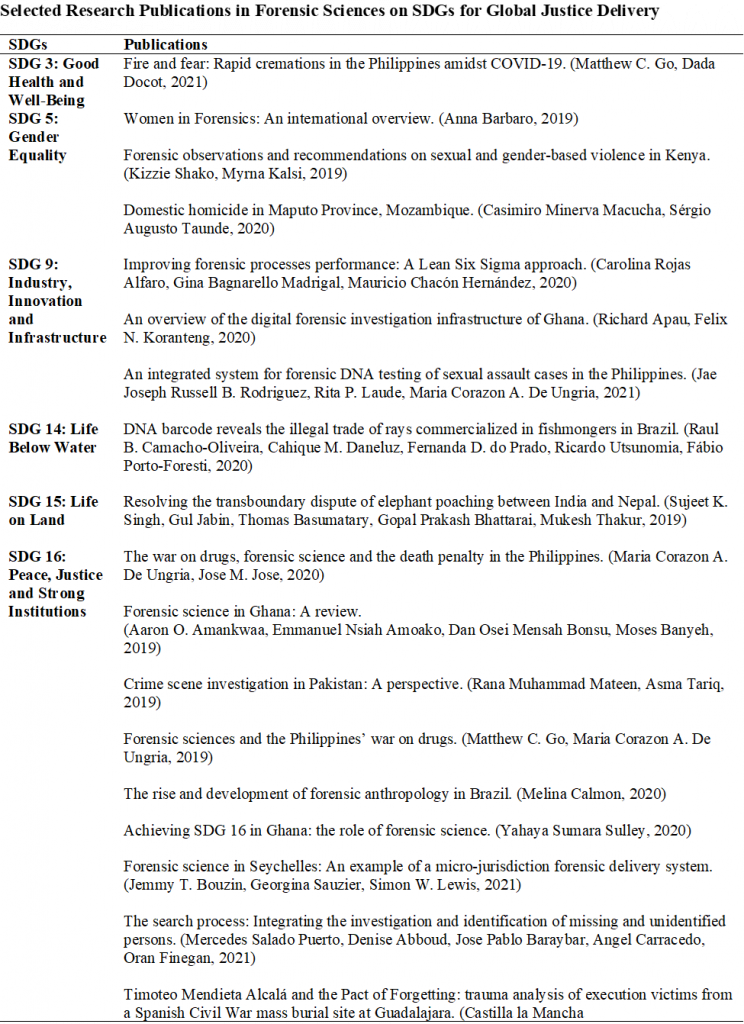
Introduction
On July 17 of each year’s calendar, governments, civil society organizations, legal associations, students, and activists all across the world celebrate World Day for International Justice. Global judicial systems have recently been enhanced, even though the world has seen hundreds of millions of victims of mass rape, forced expulsion, disappearances, torture, slavery, and other assaults on human dignity. In recent times, numerous initiatives have been made to address issues with justice systems and offer remedies for the majority of the unfathomable acts of inhumanity.
As a result of the creation of international courts of justice, there are now more potent international justice institutions today. A typical example is the International Criminal Court (ICC) which is the first permanent and independent international court with the authority to try suspects in cases involving alleged violations of international humanitarian and human rights law, including crimes against humanity, genocide, and war crimes and ensure that justice is served to those who deserve it.
Should there be Justice at all costs?
According to ancient Greek thought, justice may be described as a state of harmony when everyone tends to fulfil their obligations under the social order for society to function well. As a result, justice may be argued to be the most fundamental social, ethical, and moral value that affects how individuals live their lives. In our contemporary world, mostly, law enforcement is seen discussing criminal justice while activists focus on social, environmental, and economic justice (1).
Justice is one of those concepts that is frequently discussed, yet the dominant narrative frequently avoids elaborating on it. Though there is extensive literature on how justice is meant to be administered in communities, it is still difficult to apply the tools of justice in an equitable manner, which is where we find ourselves talking about fairness most frequently. Justice: Is it about fairness or equality? Could justice simply be receiving what one deserves? Can we claim that, in some situations, balancing the scales of justice is the proper course of action? When all theories are considered, does justice entail assisting a man in need? Is it about bringing charges against and jailing offenders? Is it a matter of allocating rewards and penalties to people per set standards? Or is it supposed to be that system that punishes wrongdoers proportionately to the harm they have caused to others?
In the end, an individual’s definition of justice plays a significant part in determining how they believe society should function. Justice has been interpreted from a more utilitarian conception of moralism as one that seeks to improve the general standard of living of a people (2). On the other hand, political libertarianism believes that fairness ought to be the structural foundation that grants a population the greatest amount of freedom (3). We cannot live without justice and it is important because it sets a moral standard for everyone and mandates that they abide by it.
The Position of Forensic Science in the Global SDGs Conversation of Justice Delivery
A unifying framework for peace and prosperity for people and the planet, both now and in the future, is provided by the 2030 Agenda for Sustainable Development, which was accepted by all United Nations Member States in 2015. The 17 Sustainable Development Goals (SDGs), which are an urgent call for action by both rich and developing countries in a global partnership, are at the centre of it. As the UN mission statement explains, these objectives are meant to provide a “blueprint to achieve a better and more sustainable future for all by 2030” (4).
They understand that combating poverty and other forms of deprivation requires policies that enhance health and education, lessen inequality, promote economic growth, combat climate change, strengthen justice delivery systems, and fight to protect our oceans and forests.
Forensic science is a public good that everyone should have equal access to. As a result, international capacity building and international judicial systems both heavily rely on forensic science for solutions toward effective justice delivery. This area of science has proven to be very key in terms of backing up investigations, showing connections between those involved in crime and other places, people, and things, and clearing innocent people. By bringing science to the criminal justice system, forensic science promotes social and economic stability by enabling the rule of law.
The 17 Sustainable Development Goals
1. No poverty 2. Zero hunger 3. Good health and well-being 4. Quality education 5. Gender equality 6. Clean water and sanitation 7. Affordable and clean energy 8. Decent work and economic growth 9. Industry, innovation, and infrastructure 10. Reduced inequalities 11. Sustainable cities and communities 12. Responsible consumption and production 13. Climate and action 14. Life below water 15. Life on land 16. Peace, justice, and strong institutions 17. Partnerships for the goals


Conclusion
Sustainable development strongly depends on peace, justice and strong institutions (4). Over the years crimes, corruption and instability have affected global markets and disrupted peace in societies. Peaceful societies are those societies that can live free from fear, violence, intimidation, and arbitrary actions either by governments or powerful corporations regardless of race, gender, social status or origin. It is difficult for regions where there is entrenched violence, homicides, trafficking, unequal access to justice, corruption and bribery to make sustainable development possible. In societies where there is the systematic denial of human rights, peace does not exist and therefore the need for societies that adheres to internationally agreed human rights and freedoms and also abides by ethical principles that promote the principle of integrity through strong institutions. That is why achieving SDG 16 is essential to the success of all other sustainable development goals.
Since April 2022 the world has been shocked by the actions and impact of the Russia-Ukraine war as it has shattered a lot of economies, especially in developing countries (5). As of writing, other conflicts are disrupting peace and justice in countries such as Afghanistan, Yemen (6), Ethiopia, Somalia, and Sudan (7). In South America, Mexico’s drug war has caused over 60,000 deaths (8). Millions of people have been displaced from their countries due to existing conflicts as over 70 million people were reported to have fled war, conflicts or persecution in 2018 (9). The proportion of prisoners that remain in prison without being given a sentence keeps increasing (10). According to a 2020 report released by the UN, about 100 civilians lost their lives to armed conflicts despite protections that are granted by international laws (11).
The violation of freedom of people is declining due to international laws but the pace at which the decline is occurring seems to be very slow. To promote global justice and to enable the celebration of the International Day of Justice in peaceful societies, there are a few recommendations for governments, citizens and relevant stakeholders.
- Increasing public awareness about the real cause of wars and conflicts in societies not leaving out the impact on these societies through nonviolent ways.
- Joining organizations that promote peace, justice and strong institutions or establishing one.
- Building proper education systems to produce responsible governments, accountable institutions and good partnerships for societal good.
- Governments and respective arms of governments should promote the rule of law at the national and international levels and ensure that there is equal justice for all individuals including the environment.
- Governments and respective stakeholders should work hand in hand to clamp down on the drivers of conflicts and peace disruptions in societies which includes unemployment, poor access to education, poor cybersecurity systems, high cost of living and other economic pressures.
REFERENCES
1. Hamedi A. The concept of justice In Greek philosophy (Plato and Aristotle). Mediterr J Soc Sci. 2014;
2. Rawls J. CHAPTER I. JUSTICE AS FAIRNESS. In: A Theory of Justice. 2022.
3. Wendt F. Justice and political authority in left-libertarianism. Polit Philos Econ. 2015;
4. United Nations Development Programme. Background of the Sustainable Development Goals | UNDP. Fragile States Index. 2019.
5. Balbaa, M.E., Eshov, M., Ismalova, N. The Impacts of Russian-Ukrainian War on the Global Economy. (2022). DOI: 10.13140/RG.2.2.14965.24807
6. Afghanistan, Iraq, Syria, Libya, and Yemen | Center for Strategic and International Studies [Internet]. [cited 2022 Jul 17]. Available from: https://www.csis.org/analysis/afghanistan-iraq-syria-libya-and-yemen
7. Conflict and Conflict Resolution in Eritrea, Ethiopia, Somalia and Sudan [Internet]. [cited 2022 Jul 17]. Available from: http://new.ifaanet.org/wp-content/uploads/2011/12/stateo11.htm
8. Mexican Drug War – The Organization for World Peace [Internet]. [cited 2022 Jul 17]. Available from: https://theowp.org/crisis_index/mexican-drug-war-2/
9. More than 70 million displaced worldwide, says UNHCR – BBC News [Internet]. [cited 2022 Jul 17]. Available from: https://www.bbc.com/news/world-48682783
10. Unsentenced detainees as proportion of overall prison population | dataUNODC [Internet]. [cited 2022 Jul 17]. Available from: https://dataunodc.un.org/crime/unsentenced-detainees-as-proportion
11. UN launches report on the protection of civilians in armed conflict | OCHA [Internet]. [cited 2022 Jul 17]. Available from: https://www.unocha.org/story/un-launches-report-protection-civilians-armed-conflict
